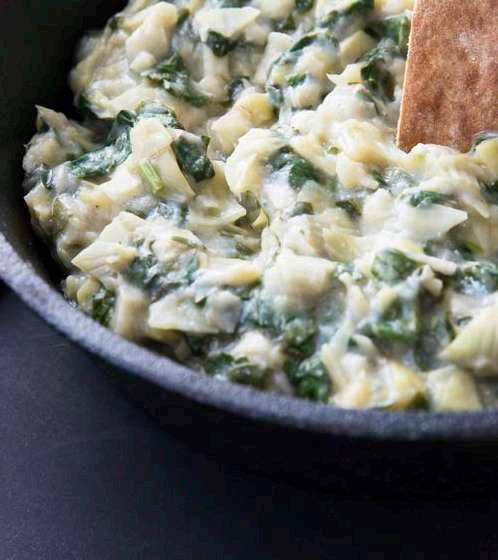
1 minute read
Make Your Meals Mediterranean


What to eat for stroke prevention
Making your meals Mediterranean style is one of the most effective ways to improve your overall health. The Mediterranean diet has been linked with good health including increased longevity, reduced joint inflammation, and lowered incidence of stroke. Thankfully, this type of diet is also delicious! So, let’s tuck in and find out how to eat for enjoyment and enhanced wellness at the same time.
The Mediterranean diet encompasses foods from a variety of countries. In general, it’s made up of vegetables, fruits, legumes, nuts, beans, cereals, grains, fish, and unsaturated fats like extra virgin olive oil. Additionally, you’ll want to include a splash of dairy, a slice of meat, and a sip of red wine.
How to Eat Mediterranean Style
Nutritional advice from leading authorities (USFDA, NHS) all agree on the following advice:
• Base your meals on starchy foods like sweet potatoes, rice, and pasta - and always choose the wholegrain option where possible. This helps to maintain healthy blood sugar levels and reduce inflammation.

• Eat 5 portions of fruit and veg each day, being sure to include a variety. Fresh fruits and vegetables are ripe with antioxidants which helps to mitigate the transformation of cholesterol into artery-clogging plaque. Additionally, leafy-greens are rich in folate which may reduce the risk of stroke.
• For proteins - be sure to eat at least 1 portion of oily fish per week, opt for pulses and legumes like chickpeas, and make sure meat portions are no bigger than the palm of your hand. Men who eat more than two servings of red meat a day have a 28% higher risk of stroke than men who eat a portion of red meat every three days.
• Consume dairy in moderation - and if you enjoy a splash of milk in your coffee or tea, try for the lower-fat versions. Calcium and potassium both help to control blood pressure!
• Opt for olive oil! Extra virgin olive oil (EVOO) is considered a superfood for good reason. It’s high in heart-healthy unsaturated oleic acid, and linoleic acid plus polyphenols.







